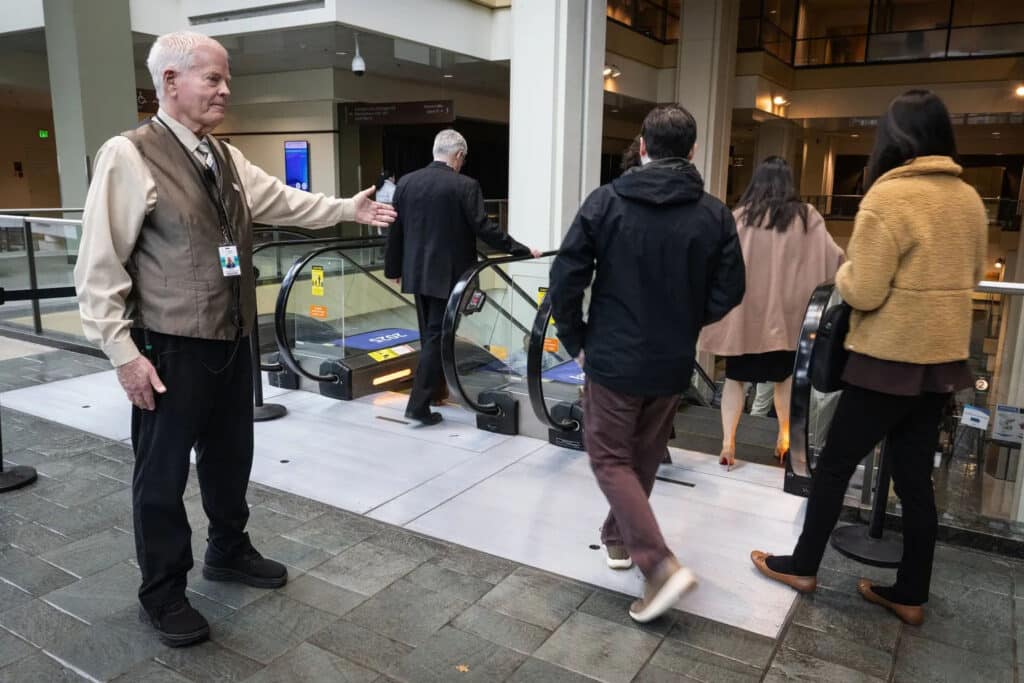
For thousands of Washington workers, the ability to take on a second job isn’t a luxury; it’s a necessity. Rising housing costs, inflation, and the high price of everyday essentials have made supplemental income critical for families across the state. Yet, many employees have faced an unexpected barrier: restrictive employer policies that prohibit “moonlighting,” the practice of working a second job.
At Emery | Reddy, PC, we believe these restrictions unfairly limit economic mobility and violate state law. That’s why we’re proud to represent workers in a series of groundbreaking lawsuits challenging these policies, and why this fight matters for every Washington employee.
What Is Moonlighting and Why Does It Matter?
Moonlighting refers to holding a second job outside your primary employment. For some, it’s about making ends meet; for others, it’s about flexibility or pursuing a passion. In Washington’s largest cities, where rent and food costs continue to climb, moonlighting is often the only way for low-wage workers to survive.
But many employers have historically imposed blanket bans on outside work, citing concerns about loyalty and conflicts of interest. These restrictions often appear in hiring contracts or company handbooks, preventing employees from working for competitors, even in unrelated roles.
What Washington State Law Says
Washington law provides explicit protections for workers earning less than twice the state minimum wage (currently $33.32 per hour, rising to $34.26 next year). Employers cannot restrict these employees from taking additional jobs. However, the law also allows companies to expect “a certain degree of loyalty,” which has been interpreted broadly, until recently.
In January 2025, the Washington Supreme Court issued a landmark ruling that changed the game. The court struck down a moonlighting ban that prohibited “all kinds of assistance to competitors,” calling it unreasonably broad. Employers can still enforce reasonable restrictions, but blanket bans are no longer acceptable.
Why This Matters for Workers Everywhere
The implications of these cases extend far beyond the courtroom. If successful, they will:
- Empower workers to take on second jobs without risking termination.
- Increase bargaining power, giving employees more leverage in wage negotiations.
- Expand career options, allowing workers to gain experience across industries.
As Timothy Emery explained in a recent interview, “Anyone making minimum wage in Washington’s largest cities knows that without a second job, it’s virtually impossible to make rent and pay rising food costs.” These lawsuits aim to restore fairness and flexibility to the workplace.
What Should Workers Do Now?
If you’ve been told you cannot take a second job, or if you’ve faced retaliation for moonlighting, you may have legal options. Here’s what you should know:
- Check your employment contract for moonlighting clauses.
- Know your rights: If you earn less than twice the minimum wage, restrictions on outside work are likely unlawful.
- Document everything, including communications from your employer about outside employment.
- Contact an experienced employment attorney to review your case.
Emery | Reddy offers free consultations for workers facing these issues. We’re committed to protecting your rights and holding employers accountable.
Looking Ahead
These lawsuits may take months or even years to resolve, but their impact will be felt for decades. By challenging unlawful moonlighting bans, Emery | Reddy is helping shape a more equitable future for Washington workers, one where economic mobility isn’t just a privilege, but a right.
If you or someone you know has been affected by moonlighting restrictions, reach out to Emery | Reddy today. Together, we can ensure that Washington’s workforce has the freedom to thrive.




